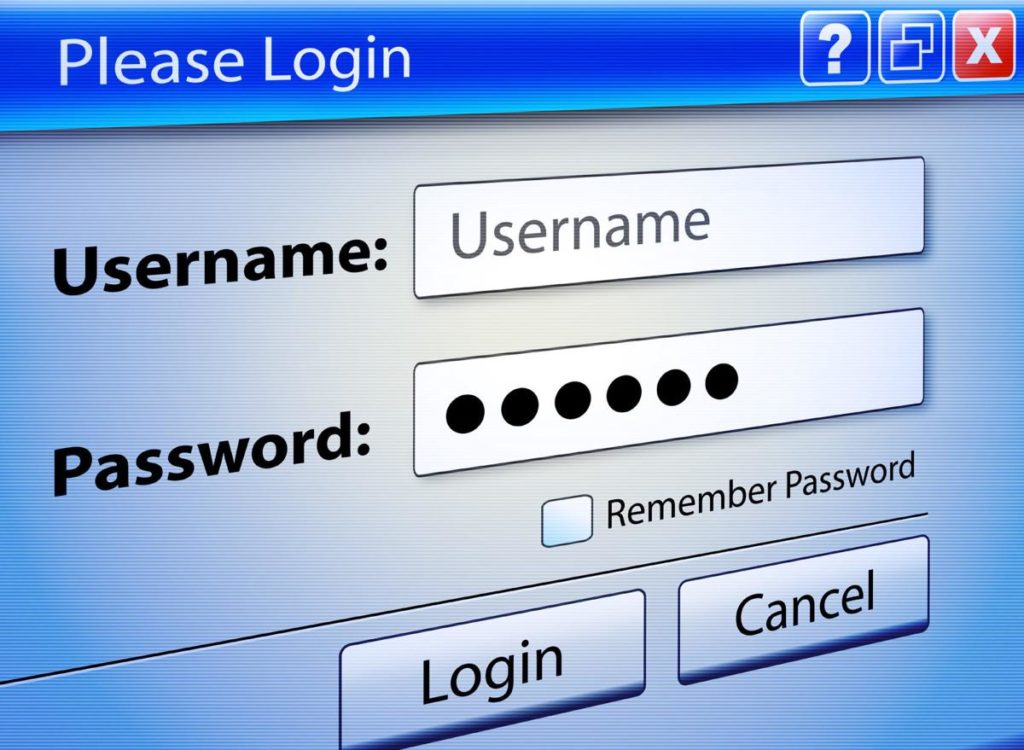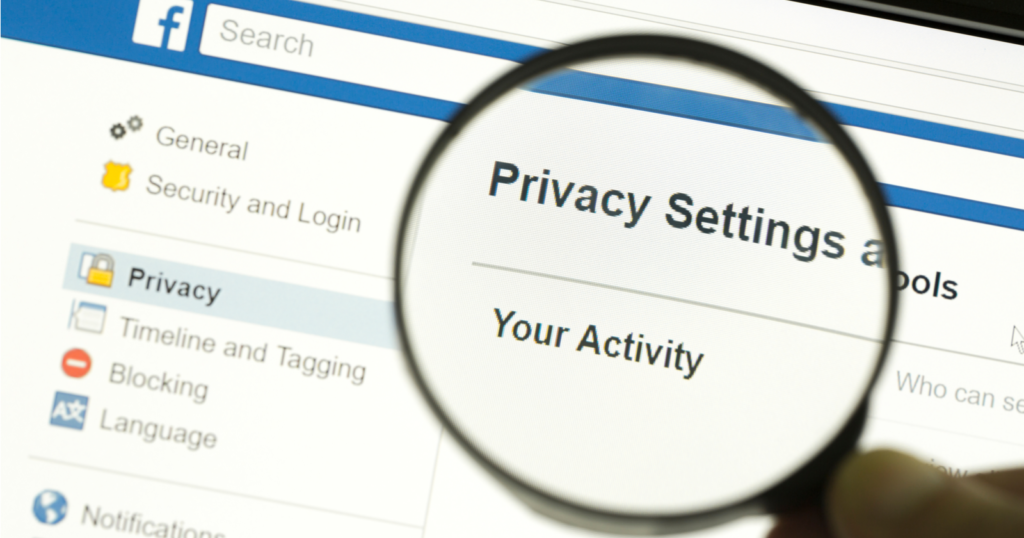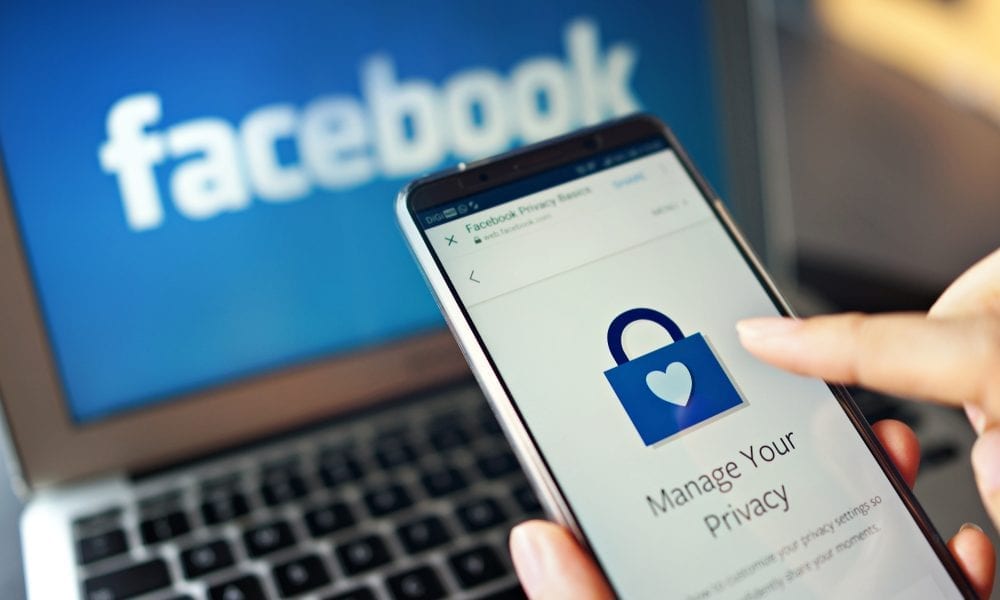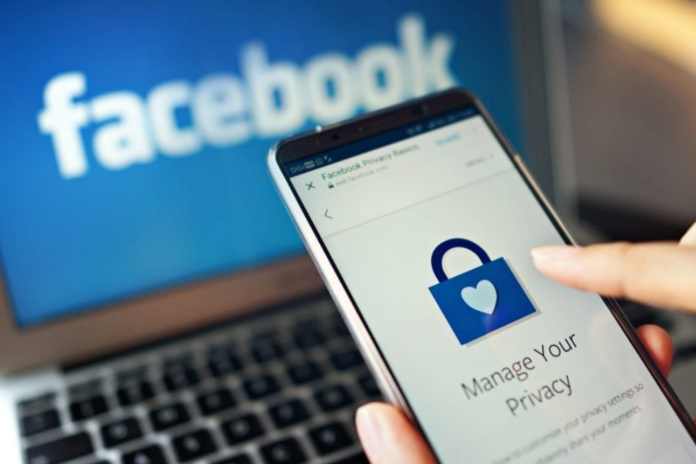We’ve spoken about the inevitable rise of a more digitized world and the economic as well as social benefits that come with it. At times, we’ve also delved ever so slightly into the contentious and more harmful aspects of this technology. Yet, it’s imperative to not just pursue a worldview rooted in the bigger macro-perspective but to also dial it back to the individual as well.

In that vein we need to talk about your rights, particularly your privacy rights in cyberspace. In today’s world after all, what happens online also carries ramifications for lives and events offline as well.
Are you a user of social media? Odds are that 1 in every 5 people reading this has a Facebook profile and is an active user of that social network. This, according to a piece by Digital Trends which states the popular networking site now boasts more than 1.45 billion active users each day! Yet, in hindsight that’s a ridiculous amount of data to be managed. It would undoubtedly cost millions in server and security infrastructure alone with the company even going so far as to develop AI’s designed for automating as much of it as possible according to a recent Forbes report.
Though rare, a number of massive data breaches to Facebook’s servers over the years have demonstrated that no system, particularly one so large, is foolproof. Such breaches usually compromise millions of profiles and the data they each contain within. In fact, in late September of 2018 a breach exploiting permissions granted to apps that users link to their Facebook accounts compromised over 50 million profiles alone. You may have received prompts to re-login to devices you were already logged on to during this time. If so it would be wise to change your password as a precaution.
Does this mean that you should avoid social media at all costs then?

Obviously not, as its myriad of uses are far too many, depending on your needs. Instead, we should consider how we manage our PII. PII or Personally Indentifiable Information is any bit of data or info that can be used to identify private details about a person. Without realizing it we effortlessly supply many potentially malicious entities with PII on a daily basis via our online activity. Yet, ironically, mining PII is what keeps the online world funded and ticking via marketing, targeted advertising and other such revenue generation schemes. Indeed, this is how the above mentioned Facebook earns the bulk of its revenue. When a service is free after all, the user becomes the product. Unsurprisingly, every other social media platform out there earns their keep this way as well.
If you don’t believe it just take a minute or two and skim through that long license agreement (EULA) you usually just click past whenever you sign up to use new software. When you join and login you give permission to the company to record everything you do and post. This information is sifted according to key demographic indicators and variables then used for advertising with some of it being sold off to 3rd party companies.
That’s not all.

Read on and you’ll see many of these applications also actively rummage through your device’s memory, letting the company know what else you’re doing. Ever found it a bit fishy that your social media adverts show exactly what you just Googled or spoke to someone about? It isn’t a coincidence after all!
With that in mind, let’s talk about managing your PII. First and foremost, we must understand that threats to your privacy exist both locally and overseas. These range from prospective criminals wishing to gather as much intel about you as possible, to prey on you when you least expect it, to international scams, identity thieves, bank account hijackers and even state or criminal networks engaging in subterfuge. Not to worry though, as there’s actually a quick, easy, yet often overlooked means of minimizing your risk. Simply look at the privacy and security section of your social media accounts. Many of them allow you to do something as simple as restricting who can see your posts and info. The seemingly trivial act of letting only friends and connections see your content can save you immense amounts of frustration in the future.
Consequently, many trendy apps ranging from quizzes to fun little games frequently nag you for connected access to your social media accounts. Many a user have found their profiles hijacked and private data stolen by haphazardly giving any and every app these permissions.
Be a smart user.

Only give access to software from reputable sources and do so only if you must. This leads in to our next point. Don’t fall for any and every popup or message that comes your way as this can be someone attempting to impersonate your bank for example.
At the end of the day however, nothing you do or post online is truly ever safe. Small scale criminals may be deterred by both the security of service providers and your smart usage but there’s very little that can stop breaches stemming from government espionage or even states demanding greater access to the online lives of its citizens. For example, a recent piece by Bloomberg highlighted just how effortlessly China likely compromised dozens of US companies and their products by the mere simple act of placing a very small, almost unnoticeable chip in components.
Thus, the greatest privacy one can afford online comes from simply limiting what information you place out there to begin with. In a world where governments are increasingly streamlining procedures via online access, from renewing your license to applying for some service or programme, this will no doubt be difficult.
Being a smart and perceptive user is thus tantamount to maintaining any semblance of privacy at all.



















